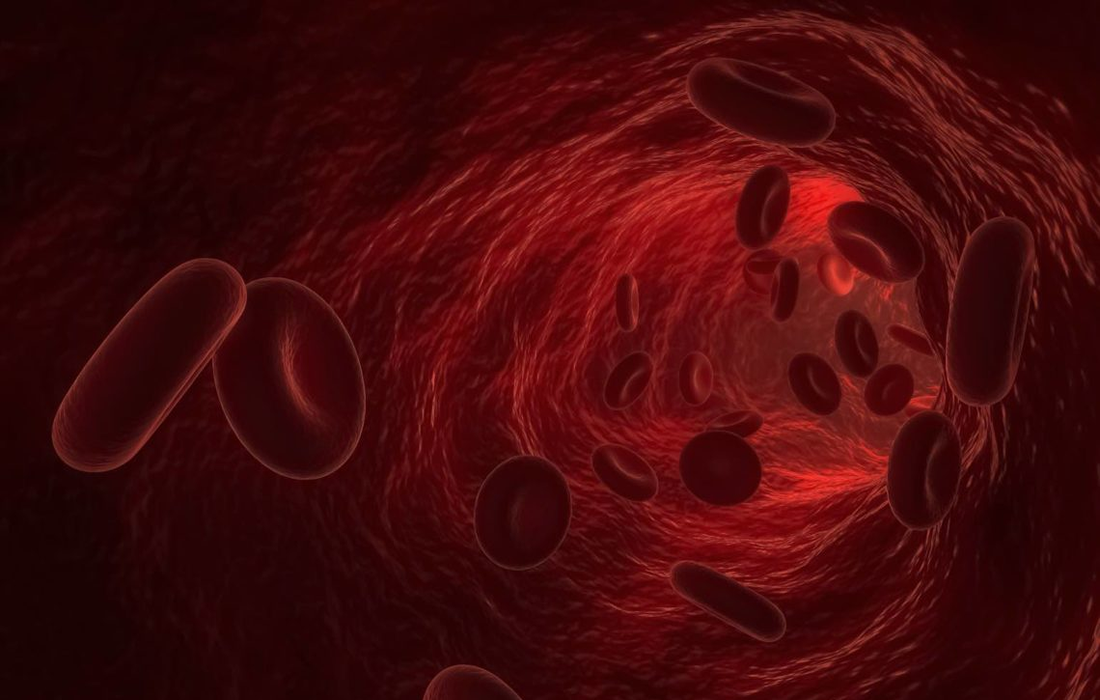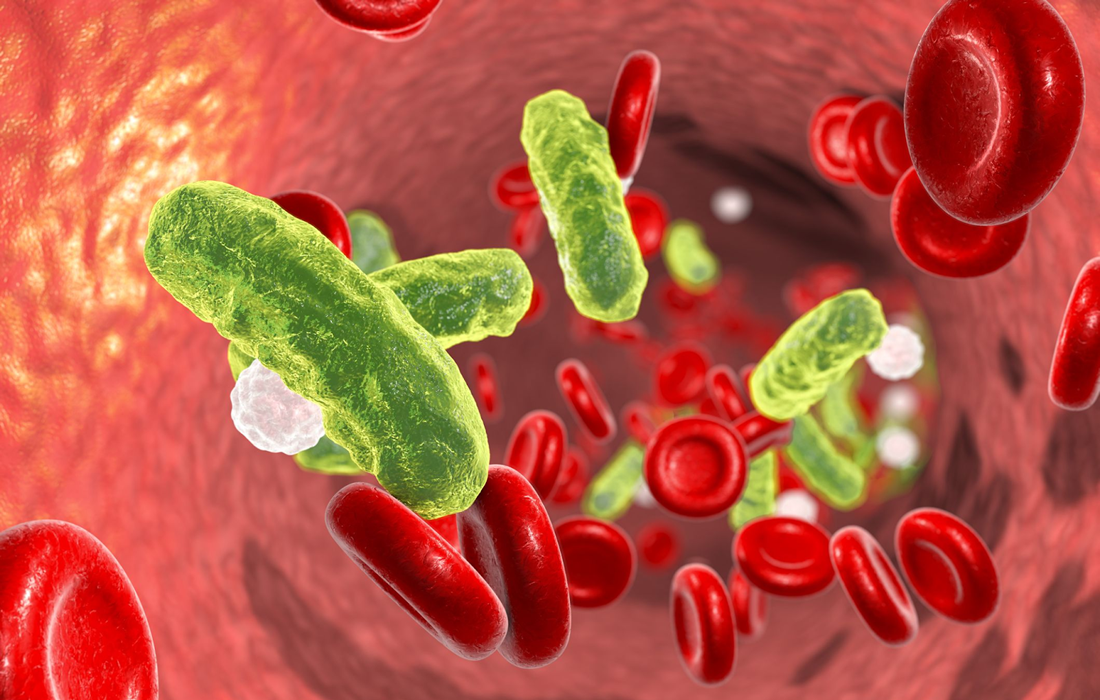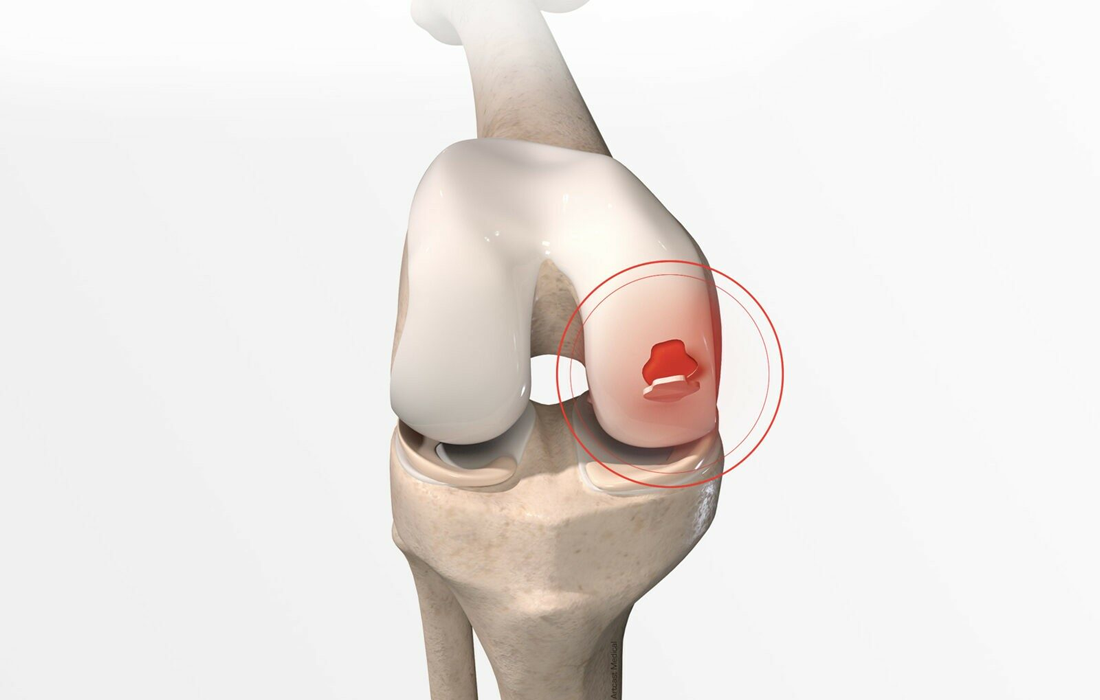Diabetes mellitus (DM) is a metabolic disease in which hyperglycemia is observed in patients over long periods of time. It is generally classified into four major forms: gestational diabetes, maturity-onset diabetes of the young (MODY-1), type 1 diabetes mellitus, and type 2 diabetes mellitus. Type 2 diabetes mellitus (T2DM) is the most predominant type of […]
Author Archives: Gabriel Piña, MD
Huntington’s disease (HD) is a neurological disorder that causes progressive loss of movement, coordination and cognitive function. It is caused by a mutation in a single gene called huntingtin or HTT. More than 200,000 people worldwide live with the genetic condition, approximately 30,000 in the United States. More than a quarter of a million Americans […]
Breaking bones can be life-changing events, especially as we age, when hip fractures can become particularly damaging and result in disability, compromised independence and a higher mortality risk. Research from Edith Cowan University’s Nutrition and Health Innovation Research Institute has revealed there may be something you can do to help reduce your risk of fractures […]
The increasing exploitation of nanomaterials including graphene-based materials necessitates a comprehensive evaluation of the potential effects of these materials on human health. However, although the interactions of nanomaterials with the immune system have been addressed, their impact on the microbiome of the host remains to be understood. Graphene is an extremely thin material, a million […]
Hematopoietic stem cells (HSCs) have the capacity to both self-renew and differentiate into all mature blood cell types, making them promising treatments for a variety of diseases. However, the mechanisms involved in engraftment — when the cells start to grow and make healthy blood cells after being transplanted into a patient — are poorly understood. […]
Researchers at UC San Francisco (UCSF) have engineered molecules that act like “cellular glue,” allowing them to direct in precise fashion how cells bond with each other. The discovery represents a major step toward building tissues and organs, a long-sought goal of regenerative medicine. Adhesive molecules are found naturally throughout the body, holding its tens […]
Yoga is part of spiritual and exercise practices for millions of people worldwide. With yoga practice becoming a widely accepted form of exercise, the body of yoga research is growing. It is a multifaceted lifestyle activity that can positively enhance cardiovascular health and wellbeing. Physical exercises such as stretching exercises and the physical components of […]
Sepsis accounts for one in five deaths worldwide and is a common final pathway for many disease processes such as cancer, diabetes, and cardiovascular disease. Sepsis is an inflammatory syndrome largely driven by the activation of immune cells by pathogen associated molecular patterns (PAMPs) and damage-associated molecular patterns (DAMPs). After recognizing these molecules via pattern […]
Antibodies produced against the commonly used antibiotic, gentamicin, appear to increase the risk of type 1 diabetes in children already genetically at risk, scientists say. When Medical College of Georgia scientists compared the blood of nearly 300 individuals with type 1 diabetes to healthy controls, they found that a higher level of antibodies against gentamicin […]
Cartilage degeneration and injuries affect 350 million people worldwide. Patients with these conditions experience increased pain and discomfort over time. However, an exciting breakthrough in tissue regeneration research offers the promise of meaningful relief. The study, led by faculty at The Forsyth Institute, suggests a new approach for making cartilage cells with huge implications in […]










